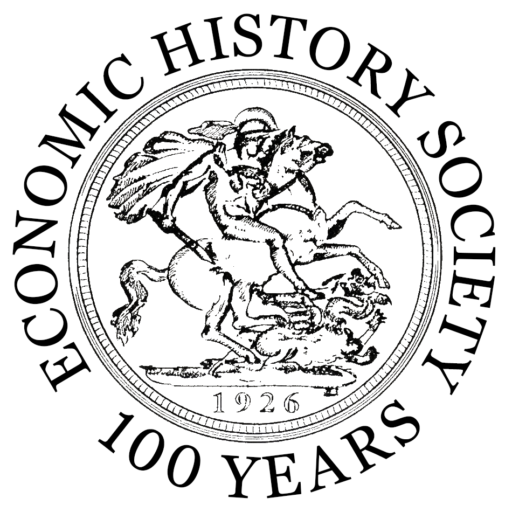Re-Writing the History of Commercial Capital
This post presents the forthcoming ‘Political Economy of Capital in the Pre-Modern World’ workshop, which is funded by the EHS Conference Fund, the Federal Ministry of Education and Research (BMBF), and the Baden-Württemberg Ministry of Science as part of the Excellence Strategy of the German Federal and State Governments.
—
Workshop details
‘The Political Economy of Capital in the Pre-Modern World’ – Eberhard-Karls-Universität Tübingen, 8th-9th October 2025
Further information about the program and how to participate – either in person or online – will be circulated in due course in the News section of the EHS website]
Economic complexity did not begin with capitalism: pre-modern societies had their logic of production, commercialisation, accumulation, and investment, as well as dynamics of growth and consumption that rivalled contemporary capitalist configurations. This workshop explores these economic dynamics of capital that shaped commercial exchange in the pre-modern world.
From a historical perspective, the operation of commercial capital long predated the emergence of industrial capital – a fact firstly acknowledged by Karl Marx and expanded upon by Fernand Braudel. Recently, Jairus Banaji pioneered the use of this category to describe a profit-driven economic system where merchants employ their capital not only to circulate commodities, but also to gain direct control over production – and thus subordinate it to their interests. This capacious definition helps us reframe pre-modern history as an entangled network in which logics of exchange as well as of political action are always constrained by the relations of production that dominate locally within a social structure, and in which a commercialised economic sector can be dominated not by the industrial capitalist production process, but rather by commercial capital, operating without necessarily assuming complete dominance over society – namely, without becoming ‘capitalism.’
This theoretical foundation situates the workshop within the current trend towards global history, intended as a cross-disciplinary, longue durée approach to the formation of a globalised world. Although in recent years we have witnessed a growing interest in decentring Europe and in arguing for interconnectedness across ancient and medieval Afro-Eurasia, the cultural turn has driven research away from investigating socio-political and economic structures. Under these circumstances, one risks telling a rarefied story based on occasional and non-systematic evidence for – often superficial – interaction: adventurous merchants sailing to distant shores, diplomatic gifts exchanged between imperial courts, spirited pilgrims, and travelling objects and ideas.
This project proposes an agenda for higher scholarly engagement with the socio-economic reality of the pre-modern world before European colonialism. The contributors present specific case-studies based on their unique expertise to draw broad, if necessarily tentative, conclusions about the structures of whole societies and economies. The papers, spanning from antiquity to the sixteenth century, from Greenland to the Sahara, and from cross-Atlantic exchanges to Sino-Japanese relations, engage with a variety of themes from manifold vantage points. The relationship between capital and institutional structures appears as a dialectical common thread: state frameworks are seemingly crucial at every geographical and chronological latitude in producing, circulating, and re-distributing capital. Similarly, minted coinage always affects how value is expressed and attached to capital, thus impacting its circulation even when exchange is materialised through different forms of payment or credit. Last but not least, the contributors explore the nexus production-circulation of capital, demonstrating how in some cases ‘merchants’ control both the production itself and the circulation of commodities, and how in absence of merchant communities or landlords with a strong thrust towards commercialising the agrarian surplus peasant production tended to remain confined at local or regional level.
Each paper extensively describes the specific economic logic of a given case-study in its own terms. At the same time, it provides evidence to ground a comparative analysis of recurrent structural features across deeply different societies. Re-centring the concept of commercial capital promotes an appreciation of historical diversity, without denying the need for a shared framework of analysis.
The workshop, as a first step in this direction, emphasises the necessity of a close dialogue between empirical research and theoretical investigation. Therefore, this project sparks a conversation among specialists in different areas and periods, who, having already conducted extensive empirical research, are also committed to elaborating broad theoretical hypotheses within a common theoretical frame. If creatively redeployed, commercial capital helps us to both overcome the insulation of our respective fields and rekindle the interest in socio-economic structures across a global pre-modernity.
To contact the author:
Eugenia Vitello
eugenia.vitello@classics.ox.ac.uk
University of Oxford and Eberhard-Karls-Universität Tübingen

